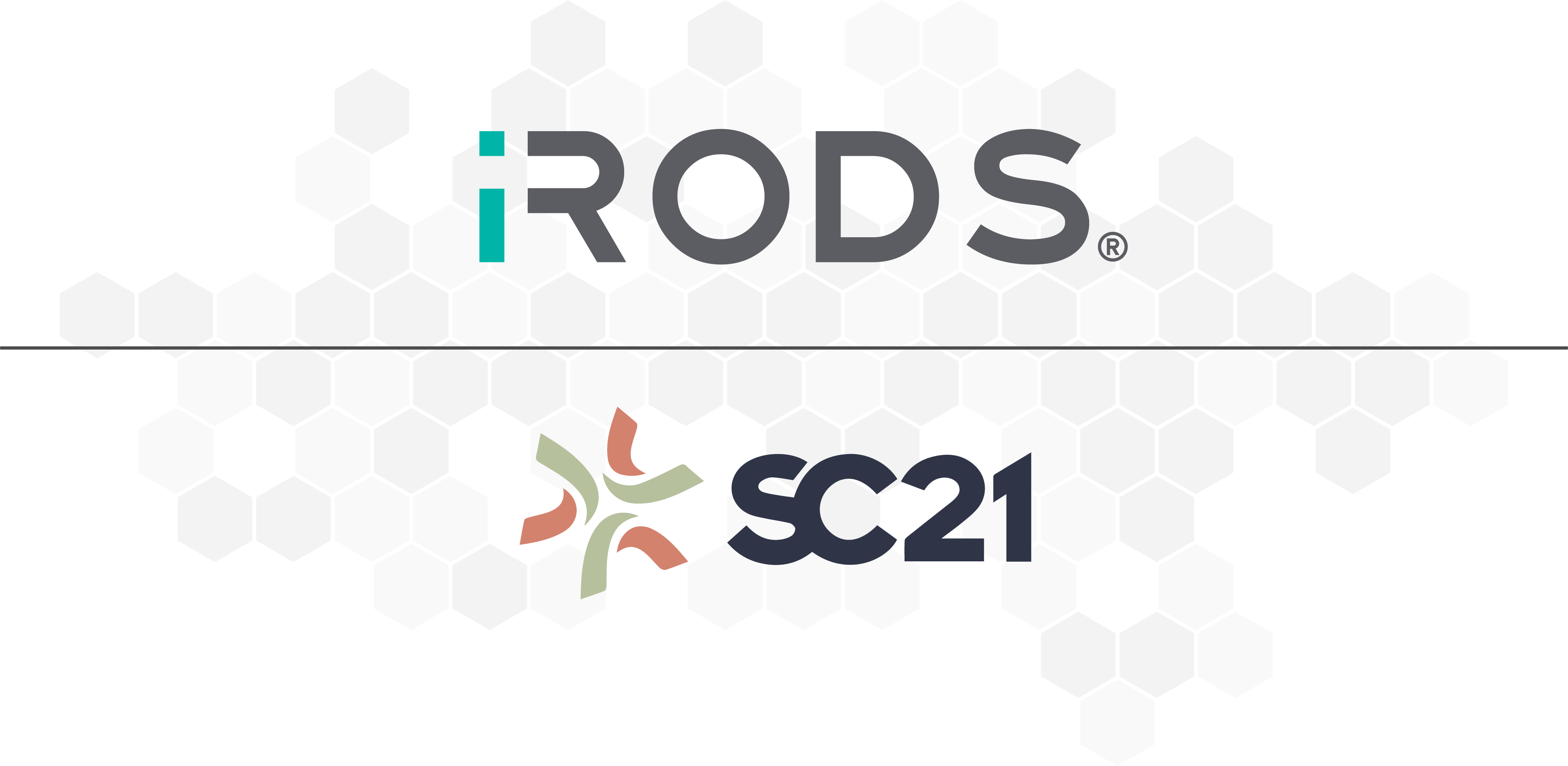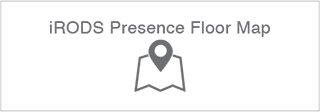Supercomputing 2021


iRODS Research Community Requirements Drive Expanded Scale Data Management Features
Several years ago, the entire process of data management and collaboration could only be performed with the use of proprietary software products that were expensive to license. To maintain a collection, data sites required a file system, hierarchical storage management system, and some means of sharing the data over several geographically diverse sites using purchased software, often from a single vendor to ensure compatibility. Data site managers were placed in a difficult position facing quickly growing data capacity and transmission demands with limited budgets. Constraints from funding agencies and governments became very difficult, if not impossible, to manage and audit.
The iRODS (Integrated Rule-Oriented Data System) Consortium was started as an open-source software development organization in 2013 by members of the research and storage communities. The technology has roots from an earlier project started in 1995. The Consortium was launched as a response to a major scale increase in management and storage needs driven by the advent of "big data". The member community is now comprised of over 30 members and spans the globe from the Australia to Japan and much of the EU. Recent innovations as a result of community requirements will be discussed including graphical interfaces and methods to ensure data persistence and replication management. In addition, partnerships will be discussed with Globus and others to enable large scale collaboration. Today, worldwide, FAIR discovery and directed dissemination of HPC results are being accomplished in sites controlling tens of petabytes of data with this open-source technology.
Thursday, November 18, 2021
2:00pm - 2:30pm CST
America's Center
Room: 263
8th & Washington
St. Louis, MO 63101